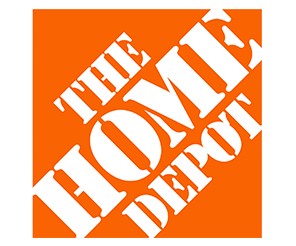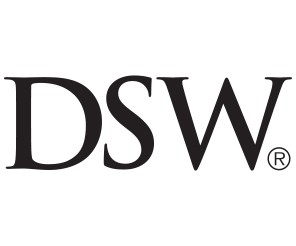US Markets Loading...
h
m
s
SCOTUS asks Trump's lawyer whether a president would have immunity after ordering assassination of political rival: It would 'depend on the hypothetical'
Donald Trump has made a sweeping claim for presidential immunity that has delayed his case about trying to overturn the 2020 election.
Millennials are suddenly rich
It turns out that, after killing off brands and choosing avocado toast over homeownership, millennials are getting wealthy.
You can get a crazy good deal on a used Tesla from Hertz right now — but know these risks
A slew of supercheap Teslas newly listed on Hertz's website as low as $20,000 might be too good to be true.
When billionaires want to buy a sports team, they call these bankers
Sports M&A is hot. Meet the 11 investment bankers raking in millions in fees on the front lines of the sports dealmaking craze.
Video
New Episodes This Week
After working in the food industry for years, here are 7 things I wouldn't buy at Trader Joe's — and what I'd get instead
I've spent years as a line cook and food reporter. There are some things I'd never buy at Trader Joe's but there are others I love instead.
Saving in a 401(k) can come with unexpected tax bills. Here's what to check right away to avoid a surprise and 4 ways to reduce your taxes as you withdraw.
There are a few steps you can take now and in retirement to avoid a surprising tax bill when you start withdrawing from a traditional 401(k).
Taylor Swift's new album is a sharp rebuke of toxic fans. It's about time.
Taylor Swift has been known to target enemies and ex-lovers in her lyrics, but "The Tortured Poets Department" also reserves harsh words for Swifties.
I'm a 41-year-old widow with young kids. Here are the 5 things no one tells you about parenting alone.
My husband died six years ago leaving me to parent our two kids alone. Making decisions by myself all the time can be exhausting.





